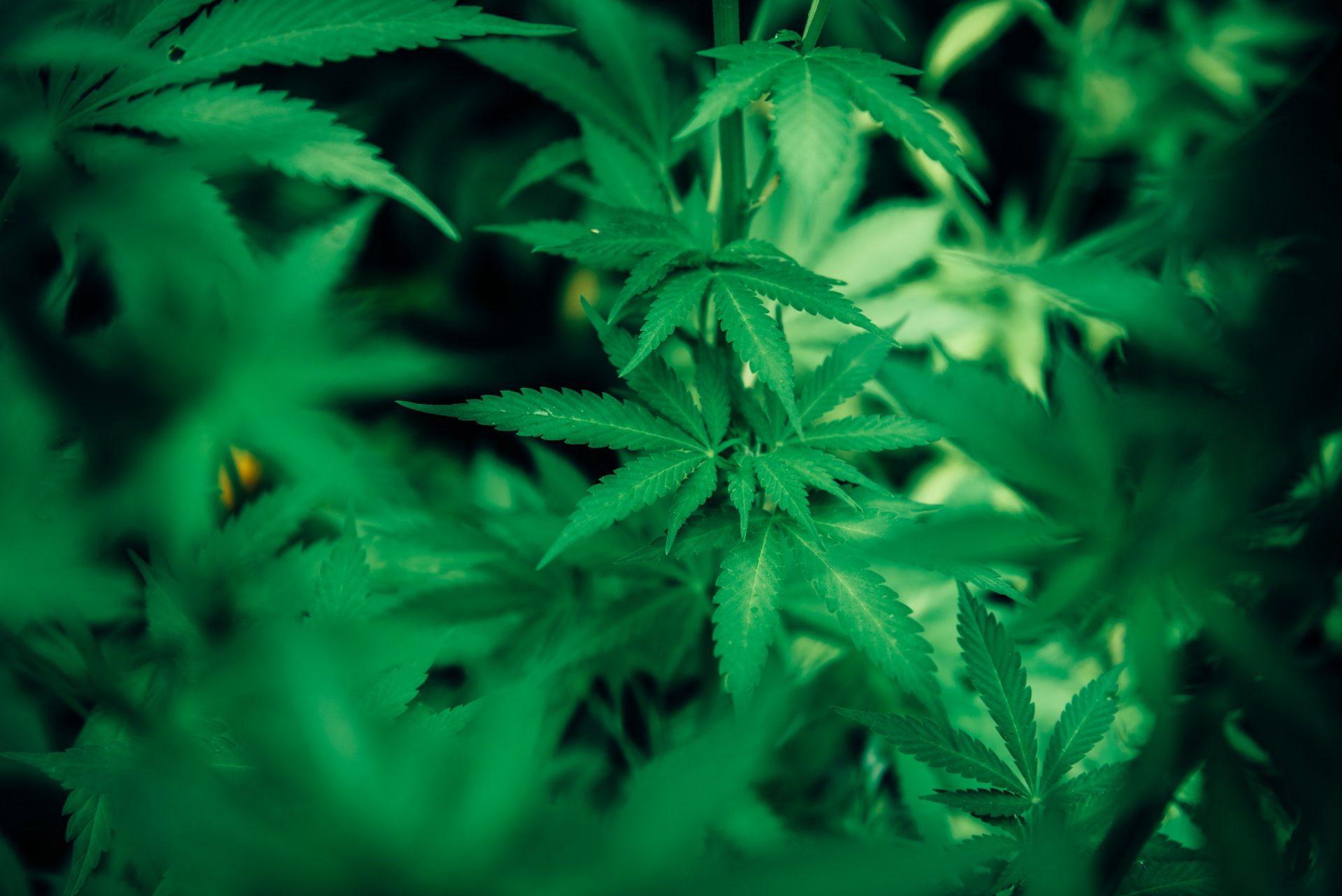COVID-19 comes up almost daily, in almost everyone’s conversations, and many people in our community I have been impacted personally by this virus. For that reason, I was heartened to learn that new research by Oregon State University and affiliates has found that our old friend, hemp, may offer some protection from infection by the virus, if preliminary research leads to future treatment protocols. Colorado is one of the growing number of states that allow gardeners to grow up to six plants of the Cannabis genus for medicine or recreation. Can our plant friends also protect us from COVID?
According to an article, “Cannabinoids From Hemp Prevent COVID-19 Coronavirus From Entering Human Cells,” By Oregon State University published on January 11, 2022, researchers have developed a new technique to identify substances protective against COVID-19. In the process of testing numerous plant substances, they identified two components of hemp that are protective, at least in the laboratory setting.
“Hemp compounds identified by Oregon State University research via a chemical screening technique invented at OSU show the ability to prevent the virus that causes COVID-19 from entering human cells.
“Findings of the study led by Richard van Breemen, a researcher with Oregon State’s Global Hemp Innovation Center, College of Pharmacy, and Linus Pauling Institute, were published on January 10, 2022, in the Journal of Natural Products.
“Hemp, known scientifically as Cannabis sativa, is a source of fiber, food, and animal feed, and multiple hemp extracts and compounds are added to cosmetics, body lotions, dietary supplements, and food”, van Breemen said.
“Van Breemen and collaborators, including scientists at Oregon Health & Science University, found that a pair of cannabinoid acids bind to the SARS-CoV-2 spike protein, blocking a critical step in the process the virus uses to infect people.
“The compounds are cannabigerolic acid, or CBGA, and cannabidiolic acid, CBDA, and the spike protein is the same drug target used in COVID-19 vaccines and antibody therapy. A drug target is any molecule critical to the process a disease follows, meaning its disruption can thwart infection or disease progression.”
The article continues: “’These cannabinoid acids are abundant in hemp and in many hemp extracts,’ van Breemen said. ‘They are not controlled substances like THC, the psychoactive ingredient in marijuana, and have a good safety profile in humans. And our research showed the hemp compounds were equally effective against variants of SARS-CoV-2, including variant B.1.1.7, which was first detected in the United Kingdom, and variant B.1.351, first detected in South Africa.’”
After discussing the structure of the Corona Virus, Breeman continued. “Any part of the infection and replication cycle is a potential target for antiviral intervention, and the connection of the spike protein’s receptor binding domain to the human cell surface receptor ACE 2 is a critical step in that cycle,” he said. “That means cell entry inhibitors, like the acids from hemp, could be used to prevent SARS-CoV-2 infection and also to shorten infections by preventing virus particles from infecting human cells. They bind to the spike proteins so those proteins can’t bind to the ACE 2 enzyme, which is abundant on the outer membrane of endothelial cells in the lungs and other organs.”
While I found that paragraph a bit confusing, I found the last sentence helpful. Like the vaccines that have been developed, the hemp derivatives appear to tie up the infamous spike proteins on the surface of the virus.
“In the later research, lab tests showed that cannabigerolic acid and cannabidiolic acid prevented infection of human epithelial cells by the coronavirus spike protein and prevented entry of SARS-CoV-2 into cells.”
My guess is that the next steps in using this knowledge will involve isolating the CBDA and CBGA and creating a medical drug formula that will bind to the virus. Breeman continues, “These compounds can be taken orally and have a long history of safe use in humans.” “They have the potential to prevent as well as treat infection by SARS-CoV-2. CBDA and CBGA are produced by the hemp plant as precursors to CBD and CBG, which are familiar to many consumers. However, they are different from the acids and are not contained in hemp products.” Does he mean because that the products are too refined?
So what does that mean for the home hemp grower? A couple of years ago I took advantage of Colorado’s hemp laws to grow six CBDrich hemp plants: 2 Cherry, 2 Cherry Wine, and 2 Wife. At the end of the season, I made a tincture of the plants’ leaves and flowers. I used one batch for healing salves. I wonder if the remaining unrefined tinctures might contain the above-mentioned cannabinoids, along with all the other numerous cannabinoids? In the one reference I found to current commercial application of this information, the company seemed to be packing ground hemp plant into capsules. Intriguing. I’m looking forward to follow-up news. For more information, and the complete article, google Oregon State University Cannabinoid Study.
Other garden news
The weather has been unseasonably warm and dry. Will it continue, or will we have a cold, wet spring? I plan to order my seeds a bit earlier this year, and if this mid-western weather continues, I may plant some early spring greens like lettuce, spinach and kale into the garden at the end of February instead of in March. That may hold true for the frost-sensitive plants that I start indoors. Usually, I wait until about March 10 to start my tomatoes and such, but if the weather continues to be sunny and warm, I may want to start them earlier and transplant them out earlier as well.
If we don’t get more sub-zero weather for a period of time—probably at least two weeks—we can expect to have more bugs than normal attacking our plants this summer. Keep an eye out for early infestations of grasshoppers, aphids and various caterpillars. We have been spared critters like Japanese beetles until now. In the last few years, I have seen small invasions of Blister Beetles and Harlequin bugs. Will their eggs have overwintered? It can be challenging to be an organic gardener in the face of serious insect invasions. However, our soil’s health demands it. We are only beginning to discover the complex ways that nature has devised to keep our soil, and us, healthy.
Happy Spring!


